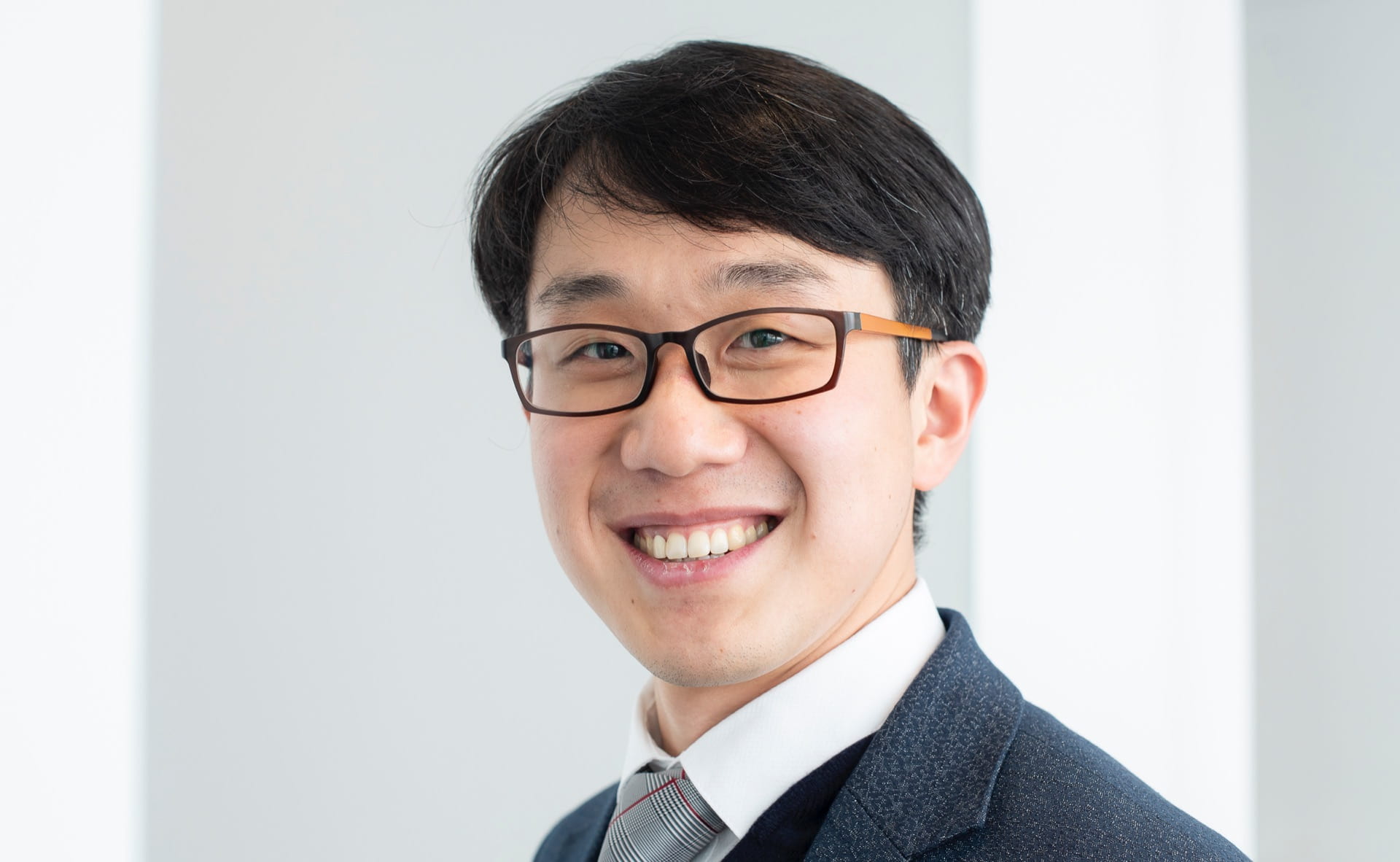Esak (Isaac) Lee, Ph.D.
Nancy and Peter Meinig Family Investigator in the Life Sciences; and Assistant Professor
Meinig School of Biomedical Engineering, College of Engineering, Cornell University
Dr. Isaac (Esak) Lee joined the Meinig School as an Assistant Professor in July 2019. Now he is a Nancy and Peter Meinig Family Investigator in the Life Sciences, and an Assistant Professor of Biomedical Engineering. Dr. Lee comes from the Wyss Institute for Biologically Inspired Engineering at Harvard University and the Department of Biomedical Engineering at Boston University, where he worked with Professor Christopher S. Chen as a postdoctoral fellow in bioengineering, tissue engineering, and organs-on-chip technology. Dr. Lee’s postdoctoral study focused on developing three-dimensional (3D) tissue-engineered organ-on-chip models to better study lymphatic biology and cancer biology. He obtained his Ph.D. in Chemical and Biomolecular Engineering from Johns Hopkins University, where he studied the roles of lymphatic and blood vessels in breast tumor growth and metastasis using both cell biology/biochemistry methods and mouse models, under the mentorship of Professor Aleksander S. Popel. At Cornell, the Lee laboratory aims to create a nurturing community of diverse minds, all unified with the dedication to discovery, scholarship, and leadership. The lab seeks to combine the principles from engineering, biology, and medicine to develop novel, interdisciplinary ways to improve human health and wellness. To achieve this mission, Dr. Lee’s research program focuses on 1) understanding the morphogenesis, homeostasis and disease pathogenesis of lymphatic vessels, blood vessels and their microenvironments, and 2) identifying new strategies for regenerative medicine and treatment of cancer, immune diseases, neurological diseases, and edema. The laboratory is currently focused on further advancing the novel 3D organ-on-chip systems, as well as developing both cellular and molecular tools and in vivo models, to better understand the mechanisms through which cells regulate their responses to biological and mechanical cues.
Education
Ph.D. Chemical and Biomolecular Engineering, Johns Hopkins University (Advisor: Aleksander S. Popel), 2014
M.S. Pharmacy, Seoul National University (Advisor: Youngro Byun), Korea, 2008
B.S. (summa cum laude) Chemical and Biological Engineering, Seoul National University, 2006
Appointment
Nancy and Peter Meinig Family Investigator in the Life Sciences, Cornell University (September 5, 2019 – Present)
Assistant Professor, Meinig School of Biomedical Engineering, Cornell University (July 1, 2019 – Present)
Postdoctoral Associate, Wyss Institute for Biologically Inspired Engineering, Harvard University & Boston University, Advisor: Christopher S. Chen (July 1, 2014 – June 30, 2019)
Honors & Awards
NAE US Frontiers in Engineering participant, National Academy of Engineering, 2025
Cellular & Molecular Bioengineering (CMBE) Rising Star, Biomedical Engineering Society, 2025
KBMES Young Innovator Award, The Korean-American Biomedical Engineering Society (KBMES), 2024
Cellular & Molecular Bioengineering (CMBE) Editors’ Choice Award, BMES, 2024
NSF Career Award, 2024
James and Mary Tien Excellence in Teaching Award (the highest award for teaching in the college), College of Engineering, Cornell University, 2023
Cellular & Molecular Bioengineering (CMBE) Young Innovator, Biomedical Engineering Society, 2023
NIH R01 CA279560 (PI: Esak Lee), 2023
Emerging Leaders in Biological Engineering, Journal of Biological Engineering, 2022
NIH R01 HL165135 (PI: Esak Lee), 2022
Microcirculatory Society (MCS) Award for Excellence in Lymphatic Research, 2021
Adam Rachel Broder Fund for Cancer Research, Cornell University, 2021
Multi-Investigator Seed Grant, Office of Academic Integration, Cornell University, 2020
Nancy and Peter Meinig Family Investigatorship selected by Provost, Cornell University, 2019
Young Investigator Conference Award, Gordon Research Conference (GRC) on Lymphatics, Lymphatic Education & Research Network (LE&RN), 2018
LE&RN Postdoctoral Fellowship, Lymphatic Education & Research Network (LE&RN), 2016 – 2018
TL1 Postdoctoral Fellowship, NIH (NHLBI), 2015 – 2016
MOGAM Science Scholarship, MOGAM Foundation, 2013
Runner-up Award, Sidney Kimmel Comprehensive Cancer Center, Johns Hopkins University School of Medicine, 2012
Teaching
Introduction to Biomedical Engineering (ENGRI 1310, undergraduate course): Fall 2020-present
Cancer and Immuno-Engineering (BME 6230, graduate course): Spring 2022-present
Biomedical Engineering Graduate Colloquium (BME 7900, graduate course): Fall/Spring 2021-2023
Core Concepts in Disease (BME 7310, graduate course): Spring 2020


